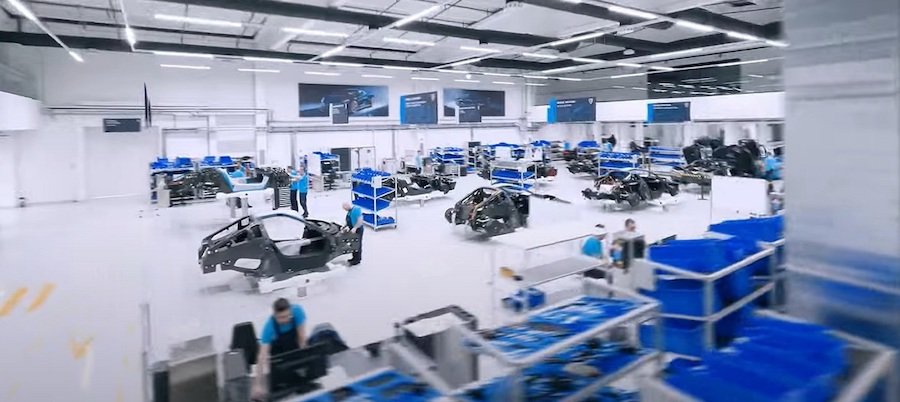Mate Rimac Says 0-100 km/h In One Second 'Is Possible,' But There’s A Catch

Tesla CEO Elon Musk made a radical claim earlier this week about the upcoming Roadster supercar, saying the company is aiming for a 0-60 mph time of less than one second. While many have since dismissed the claim, he does have an ally in Bugatt-Rimac CEO Mate Rimac—sort of.
When asked on his Facebook page if he thought the under-one-second claim was believable, Rimac responded with a surprising yes. "It is possible with thrusters," he says in the Facebook comment. "We did the simulation."
But there is a significant stipulation to go along with that confirmation.
"Problem is, you release the air in two to three seconds and then you have a lot of dead weight that you are carrying around (tanks, compressor, valves, nozzles etc.)," Rimac continues. "Same with fans—they just give you more grip but you need something like 30,000 newton-meters on the wheels to accelerate below one sec 0-100 km/h, which means you need massive motors, inverters, gearboxes, driveshafts, etc."
Rimac also notes that the car has to be "super light," which isn’t typically the standard for battery-powered cars. Even his Rimac Nevera hypercar—which will hit 60 mph in under 2.0 seconds—weighs over 5,000 pounds.
"So thrusters are really the only way to go," he says. "But they bring a lot of downsides as well."
Tesla CEO Elon Musk suggested in 2018 that the Roadster would have "10 small rocket thrusters arranged seamlessly around the car." That, in theory, would be the type of thrust the Roadster needs to achieve that sub-one-second 0-60 time. Although, it’s unclear how that would fare with the NHTSA.
We’ll have to wait and see if Elon’s claims come true. The new Tesla Roadster will reportedly debut later this year.


